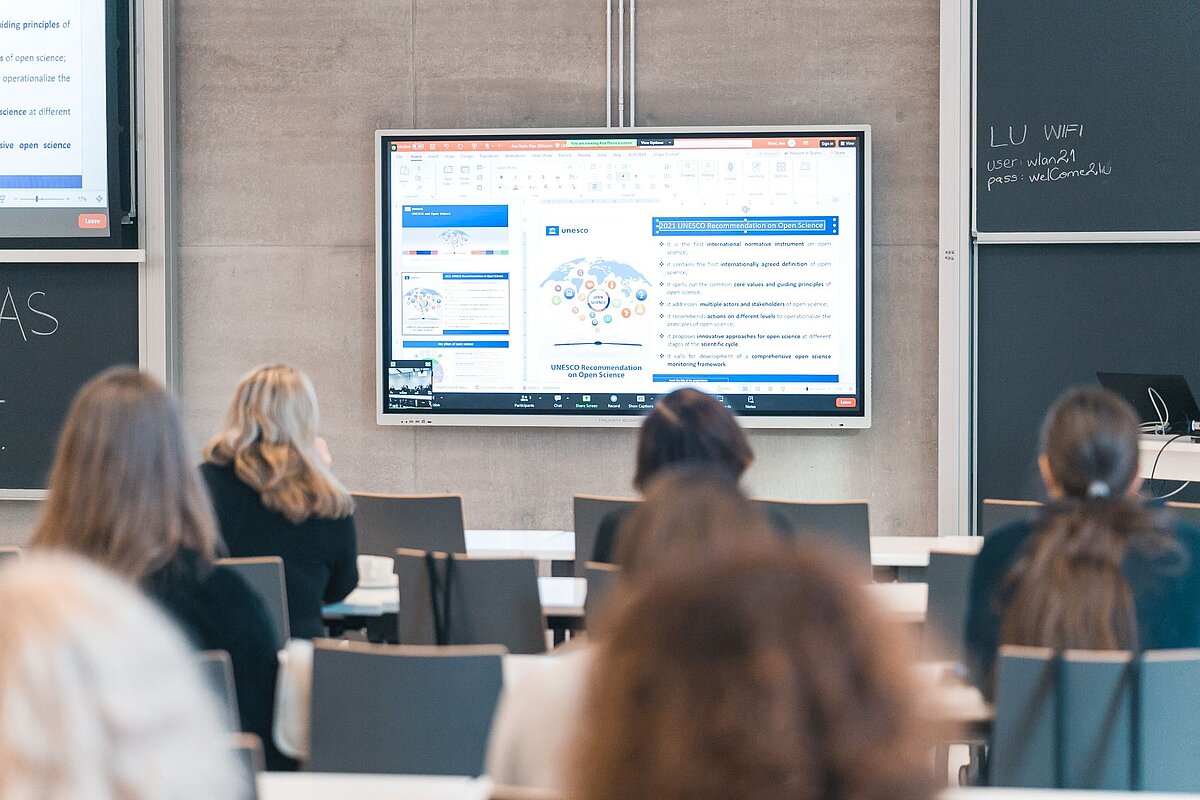
The world has undergone major changes in the last decade: the COVID-19 pandemic, the Russian-led war in Ukraine, the rise of artificial intelligence and the increasingly tangible impact of climate change are just some of the factors that have changed the way we live, behave, think and communicate. This has translated into increased migration, urbanisation, digitalisation and has contributed to the polarisation and radicalisation of society. The impact of these various factors and processes is also reverberating in popular narratives, changing their form, content, function, performance, circulation, etc. In order to reflect at an academic level on how and why everyday narratives have changed, the theme of the 19th Congress of the International Society for Folk Narrative Research (ISFNR) is "Folk Narratives in a Changing World".
This year, UL ILFA has been entrusted with the organisation of the ISFNR Congress, which takes place every four years, thus not only bringing together folk narrative researchers from all over the world and drawing attention to the culture of storytelling in Latvia, but also celebrating the 100th anniversary of the Latvian Folklore Archives on an international level.
The Congress will bring together more than 150 researchers from 29 countries: from Europe and other continents, representing the USA, Canada, China, Japan, India, Argentina, etc. The range of topics covered by the papers will be equally wide, and will be presented over four days in several parallel sessions, making it possible to identify commonalities and differences in the field of popular narratives in different societies in different parts of the world.
ILFA is thankful to the State Culture Capital Foundation, the UL, the Riga City Council, the Cultus Association and the Nordic Culture Point project "Heritage and Future Network" for their cooperation and support in organising the conference.

 LU konference
LU konference